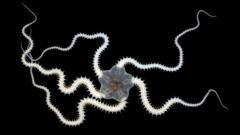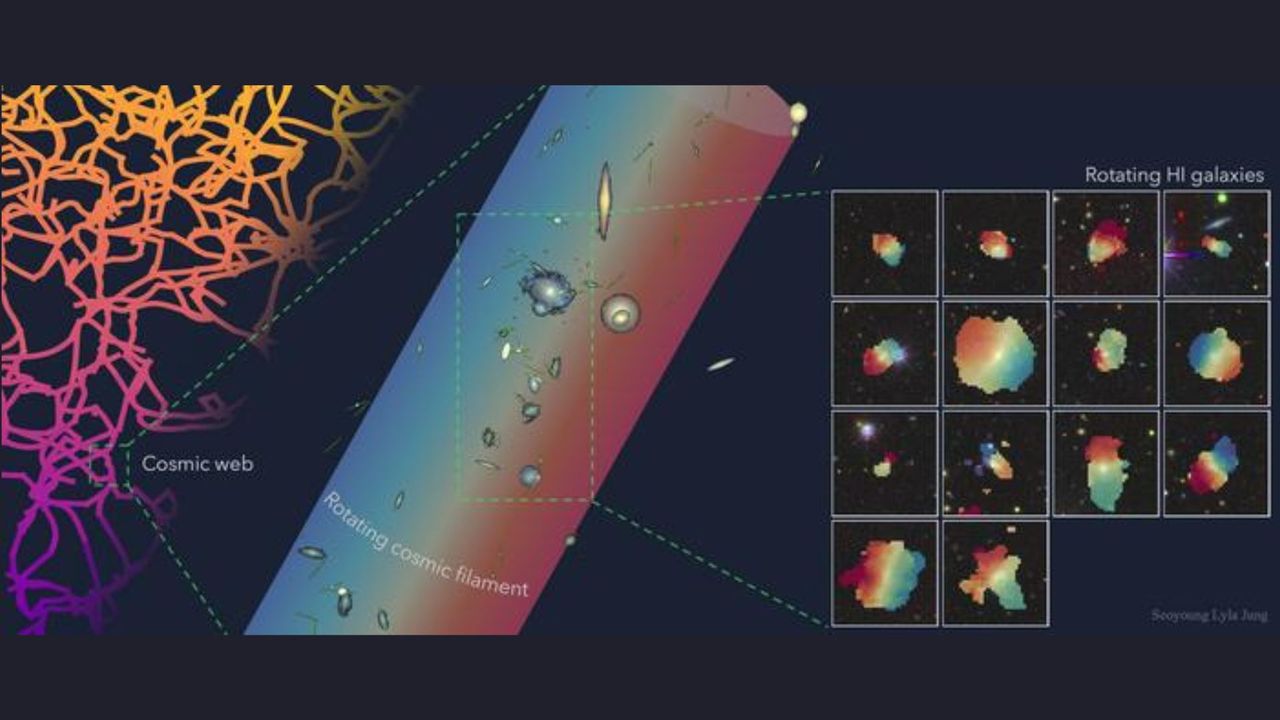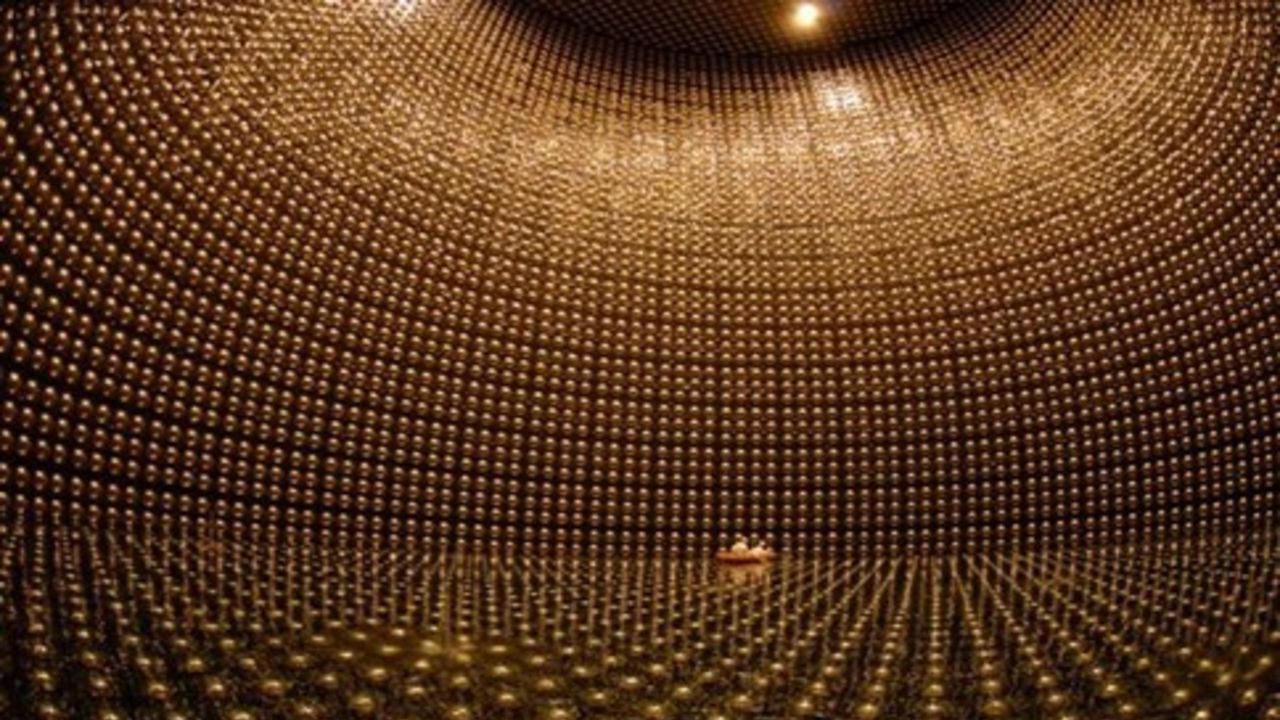Scientists discover gold nanoparticles hidden in spruce tree needles
PositiveScience

Scientists have made an exciting discovery of tiny gold nanoparticles hidden in spruce tree needles, suggesting the potential for large gold deposits beneath the surface. This finding is significant as it could lead to new methods for locating gold resources, making exploration more efficient and environmentally friendly.
— via World Pulse Now AI Editorial System
/https://tf-cmsv2-smithsonianmag-media.s3.amazonaws.com/filer_public/62/01/62019da1-dd28-4322-aca0-0ec598b63235/7402439760_6437bcb924_k.jpg)





